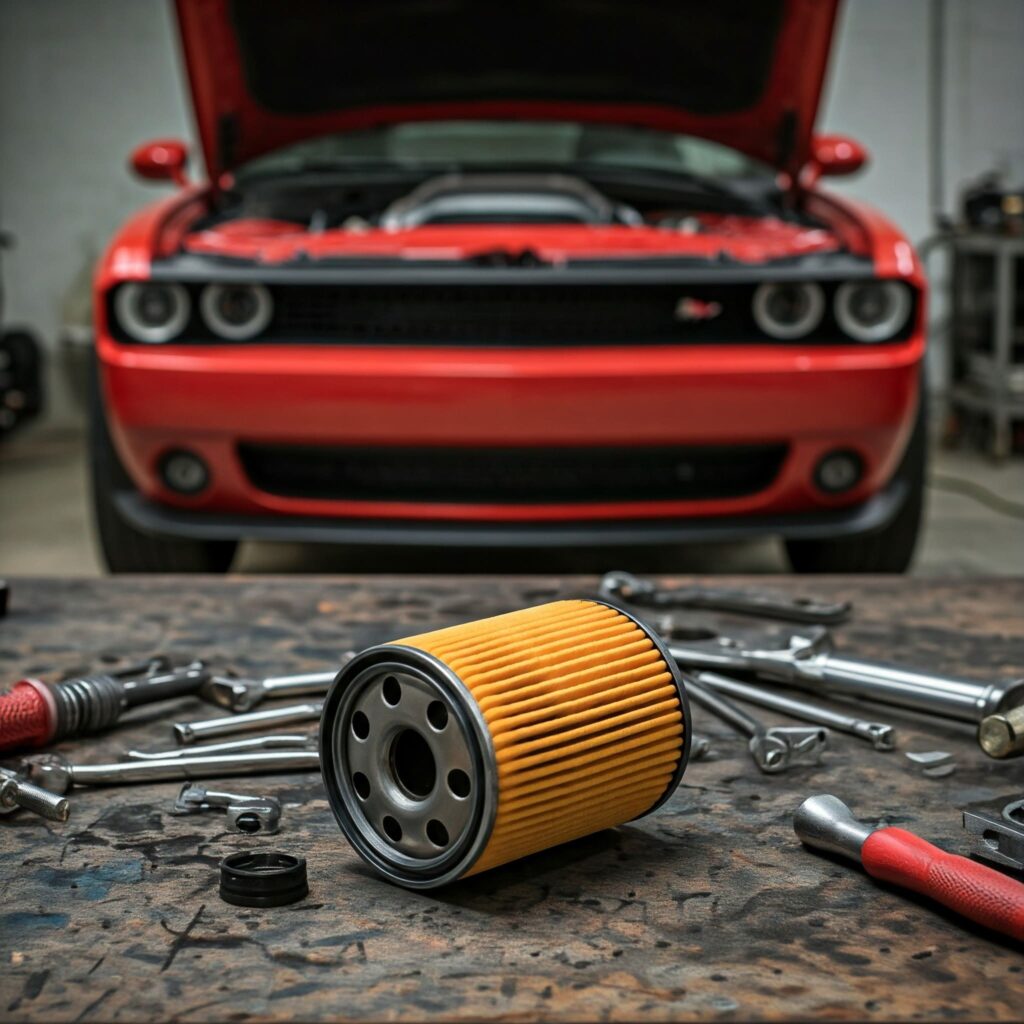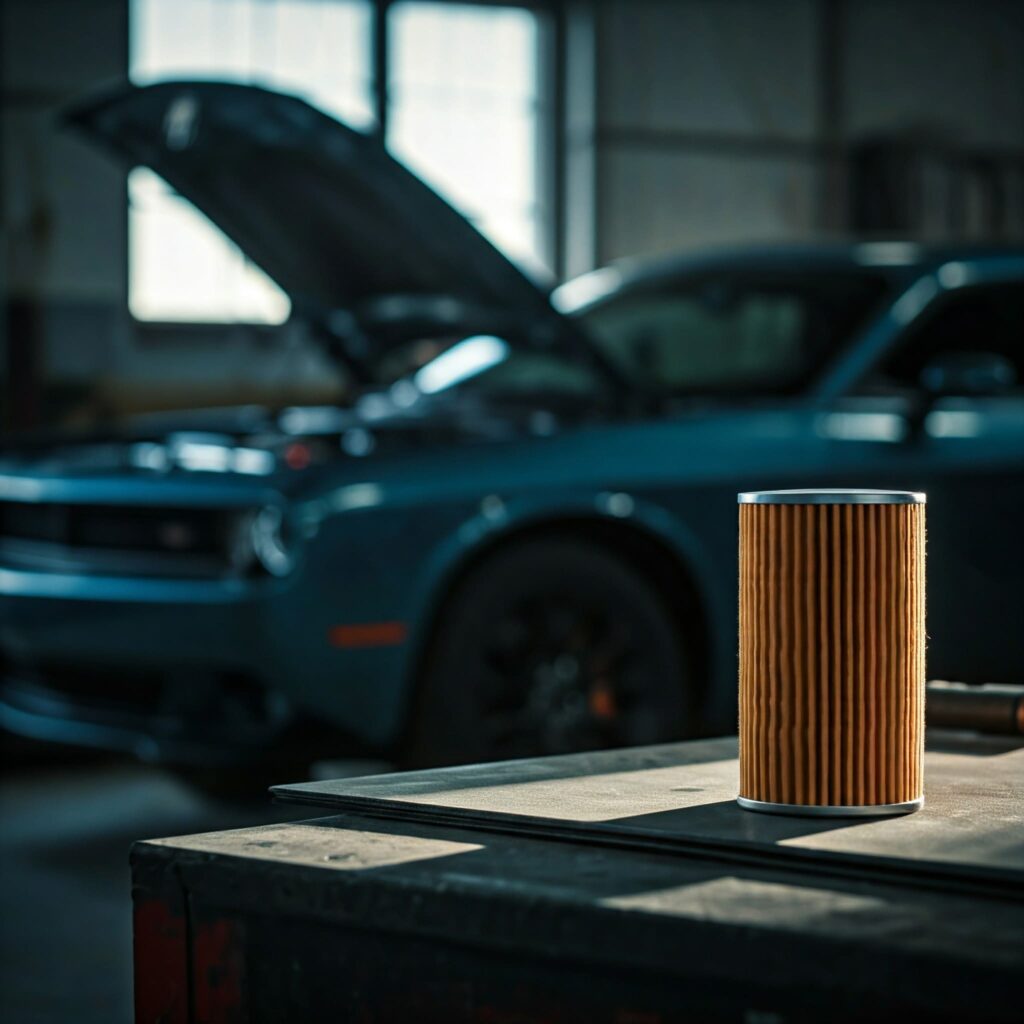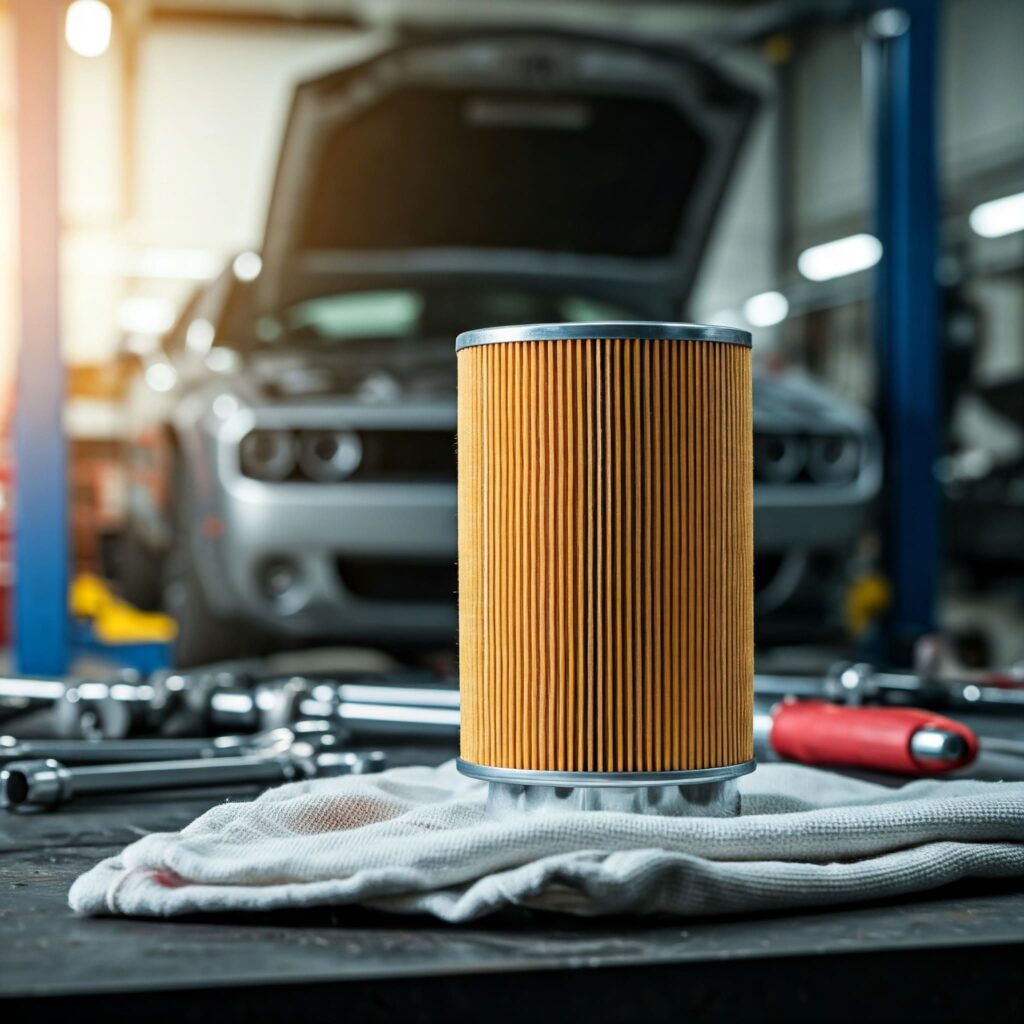Oil filters are integral to the health of an engine, working tirelessly to remove contaminants and ensure proper lubrication. Despite their importance, questions still arise about whether it’s safe or practical to reuse an oil filter during or after an oil change. By taking a closer look at oil filter design, functionality, risks of reuse, and best practices, this article uncovers the realities behind this common query.
The Purpose and Role of Oil Filters
Oil filters play a crucial role in maintaining engine cleanliness and efficiency. Over time, motor oil collects impurities such as combustion by-products, microscopic metal particles, and other debris. These contaminants can circulate through the engine, accelerating wear, reducing efficiency, and increasing the likelihood of costly repairs.
How Oil Filters Work:
- Capture Contaminants: Filters trap particles as oil flows through the media, ensuring only clean oil recirculates.
- Maintain Pressure and Flow: They regulate oil flow through a bypass valve if the filter becomes clogged, although unfiltered oil may circulate in these cases.
- Prevent Internal Damage: By removing harmful debris, oil filters reduce premature wear on engine components such as bearings and camshafts.
This delicate balance underscores why oil filters must function optimally at all times.
The Risks of Reusing an Oil Filter
At first glance, reusing an oil filter may seem like a cost-saving measure. However, the potential risks to engine longevity and performance far outweigh the perceived benefits.
1. Declined Filtration Efficiency
Oil filters are not designed for indefinite use. Their filter media can become saturated with contaminants during their intended lifespan—usually one oil change interval. Reinstalling a used filter significantly reduces its ability to trap new particles, allowing contaminants to circulate freely through the engine.
Key Insight: A clogged filter forces the system to rely on the bypass valve more frequently, permitting unfiltered oil to lubricate the engine.
2. Risk of Contaminant Carryover
Even after draining oil, a used filter retains residual contaminants, sludge, and degraded oil within its media. These carryovers mix directly into fresh oil, diminishing its effectiveness and prematurely reducing its lifespan.
3. Seal Degradation
Oil filters rely on rubber gaskets or seals to prevent oil leaks and maintain pressure. Reinstalling a used filter increases the likelihood of gasket damage or improper sealing, leading to potential leaks and loss of oil pressure.
4. Structural Fatigue
Used filters may experience structural wear, including weakening of the housing or internal bypass valve. High oil pressure combined with a compromised filter structure can result in leaks or catastrophic failure.
Bottom Line: Manufacturers generally design oil filters for single-use to ensure consistent, reliable protection over their intended lifespan. Reusing them introduces unnecessary and preventable risks.

Industry Standards on Oil Filter Use
The automotive industry heavily advises against reusing disposable oil filters. Disposable filters are engineered to accommodate only a single cycle of oil filtration with specific efficiency ratings. However, reusable oil filters do offer an alternative in certain applications.
1. Disposable Oil Filters
- Used in Most Passenger Vehicles: These are factory-installed in nearly all vehicles due to their low cost and ease of replacement.
- Lifecycle Limitations: Disposable filters are effective only for one oil cycle, as their filter media degrades after prolonged exposure to heat, pressure, and contaminants.
2. Reusable Oil Filters
- How They Work: Made from materials like stainless steel mesh, reusable filters can be cleaned and reused multiple times. They are primarily utilized in performance or racing applications.
- Drawbacks: Reusable filters require meticulous cleaning and careful reinstallation to maintain their effectiveness.
For expert tips on maintaining and installing oil filters, including cartridge-style filters, refer to these guidelines from Underhood Service.
Comparing Popular Oil Filter Brands
Choosing a high-quality filter contributes directly to engine health and is just as important as selecting the right oil. Below is a comparison of respected brands offering filters trusted for their performance and durability:
1. AMSOIL Ea Oil Filters
AMSOIL filters use advanced synthetic media capable of capturing smaller contaminants compared to many conventional filters. Their construction supports extended oil drain intervals, particularly for vehicles using synthetic oils.
- Key Feature: 99% efficiency at 20 microns.
- Best Application: Extended use with AMSOIL synthetic oils or heavy-duty vehicles requiring long intervals.
2. Mobil 1 Extended Performance Oil Filters
Designed for consistency and durability, Mobil 1 filters provide excellent contaminant-holding capacity while maintaining steady oil flow. They are an excellent choice for standard oil change intervals.
- Key Feature: Multi-layer synthetic media ensuring durability under moderate driving conditions.
- Best Application: Conventional oil changes adhering to manufacturer-recommended intervals.
3. Bosch Premium Oil Filters
Bosch offers filters with high-quality filtration media that deliver robust performance, particularly in preventing sludge buildup. While widely available, they cater to standard driving conditions.
- Key Feature: Prevents 99% of harmful debris larger than 20 microns.
- Best Application: Daily drivers and standard maintenance schedules.
| Oil Filter | Performance Level | Best Use Case |
| AMSOIL Ea Filters | Premium, extended intervals | Long-lasting protection for synthetic oils |
| Mobil 1 Filters | Durable and consistent | Routine maintenance intervals |
| Bosch Filters | Accessible and effective | Standard driving conditions |
Practical Maintenance Tips
To maximize engine protection, follow these maintenance guidelines:
1. Replace Oil Filters Consistently
Always replace the oil filter during your oil change to maintain optimal filtration and oil cleanliness.
2. Choose Filters That Match Oil Type and Engine Requirements
Pairing synthetic oil with synthetic-friendly filters, such as AMSOIL Ea filters, ensures maximum compatibility and effectiveness.
3. Inspect Oil Pressure Post-Change
After replacing the oil and filter, check oil pressure and for any leaks around the filter to ensure that it has seated properly.
4. Avoid Over-Tightening
Hand-tighten your filter to the manufacturer’s specifications. Over-tightening can damage internal components of the filter or compromise seals.

Frequently Asked Questions
1. Can I clean and reuse a disposable oil filter?
No, disposable filters are not designed for cleaning or reuse. Attempting to clean them can damage the filter media and reduce its filtration capacity.
2. What happens if I don’t replace the oil filter during an oil change?
Reusing an old filter can introduce contaminants into fresh oil, reducing lubrication efficiency and accelerating wear on engine components.
3. Are premium oil filters worth the cost?
Premium filters, like AMSOIL Ea filters, are ideal for extended drain intervals or vehicles using synthetic oils. They provide higher efficiency and durability compared to standard filters.
4. Are reusable filters a better alternative?
Reusable filters are suitable for specialized applications like racing or off-highway vehicles but require significant cleaning and maintenance.
Conclusion: Engine Longevity Starts with Best Practices
Reusing an oil filter, while seemingly cost-effective, carries significant risks that can compromise engine performance and reliability. Disposable filters are engineered for single-use to ensure maximum debris capture, maintain proper oil flow, and prevent premature engine wear.
High-quality filters from brands like AMSOIL, Mobil 1, and Bosch offer proven performance for various driving conditions. To maximize engine protection, prioritize replacing filters with every oil change and follow maintenance best practices.
